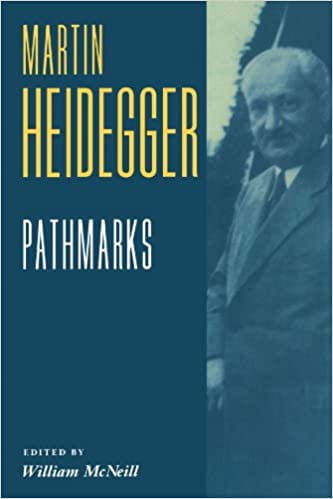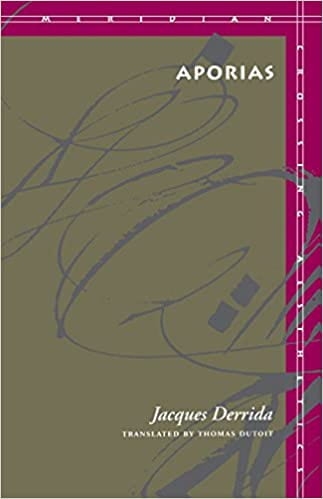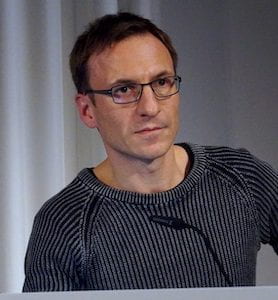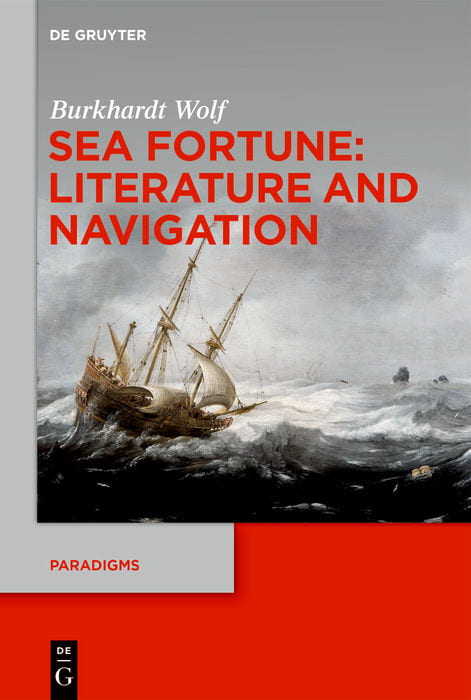LECTURE: ON THE LINE: FRONTIERS, BORDERS, LIMITS, ENDS
This event has been postponed. New schedule will be announced later.
Derrida was fascinated by Heidegger’s gesture of crossing through the word Sein in the 1955 “Zur Seinsfrage,” a text in which Heidegger, responding to Ernst Jünger, also reflects on the ambiguity of the German expression “über die Linie,” (“over the line” and/or “concerning the line”). To address the difficulties in play here, around lines, limits, frontiers, and crossings, I will take as my main focus Derrida’s text “Apories” (in which he uses the word “frontière” more than anywhere else in his corpus), and attempt to elucidate and perhaps complicate his provisional distinction between three senses of the notion of frontier: the geo-political, the disciplinary, and the conceptual. I will attempt to understand what happens when we re-apply the results of that elucidation to that threefold distinction itself, and dwell on and in the resulting aporia that is arguably the very place where deconstruction is on the line.
SEMINAR: WHAT IS A FRONTIER?
This event has been postponed. New schedule will be announced later.
In the seminar, I will talk through some famous arguments about frontiers (borders, limits, dividing lines) in Aristotle, Kant, Hegel, Frege and Wittgenstein, and suggest that fractal (“non-linear”) geometry might provide helpful analoga for thinking about the issues in play.
LECTURE: HOW NOT TO BE SOMEONE
April. 13, 2021, Tuesday. 1-2.15pm (EST) via Zoom.
A lecture in which Daniel Heller-Roazen will discuss his new book, Absentees: On Variously Missing Persons (Princeton University Press/Zone Books, 2021). From literature to legal codes and religious rites, diversely missing, diminished and uncounted persons play complex yet also constant roles. These roles will be the focus of the lecture, which, taking its cues from a few exemplary cases, will explore the ways in which somebody can become a “nobody.”
SEMINAR: ON OMINOUS READING
(This is a Society of Fellows & Comparative Literature private event.)
This seminar will bear on a little-known variety of interpretation: kledonomancy, or divination on the basis of chance hearing (and overhearing). The oldest known examples stretch back to the literatures of the ancient Near East and Mediterranean; but modernity also offers its own models, of which the Freudian slip is perhaps the most important. Moving among cases drawn from different cultures and epochs, the seminar will probe the questions raised by such practices of reading.
LECTURE: WHEN SEASCAPES COLLIDE: MARITIME FICTION AFTER THE AGE OF ADVENTURE
May. 4, 2021, Tuesday. 1-2.15pm (EST) via Zoom
As an endless space of adventurous experience, the sea has always been a source of artistic inspiration. However, in modernity and, a fortiori, in present times, maritime issues have substantially changed. Merely for boat people (and, maybe, for some small-time smugglers), the sea is still a besetting “foe to man,” to quote Melville’s Moby-Dick. Instead of evoking sublimity, the sea now, to a large extent, is a space of opacity, a covert setting where global flows of people, capital and goods intersect, where military, political and economic interests are at stake. Only for the unhappy few, seafaring is still centered around “experience” in the old sense: the dangerous challenges of steering and haven-finding, of technical and social organization. Traditional and »out-of-time« sea narratives, of course, never thoroughly disappeared, since, in the field of maritime fiction, there is a niche market for everything–especially for the nostalgic. But how are the peculiarities of contemporary seafaring, e.g. the artificial or natural environments and experiences encountered by its various types of vessels, reflected within literature and art? This lecture will examine exemplarily some of the possibilities, conventions and limits of up-to-date maritime fiction.













